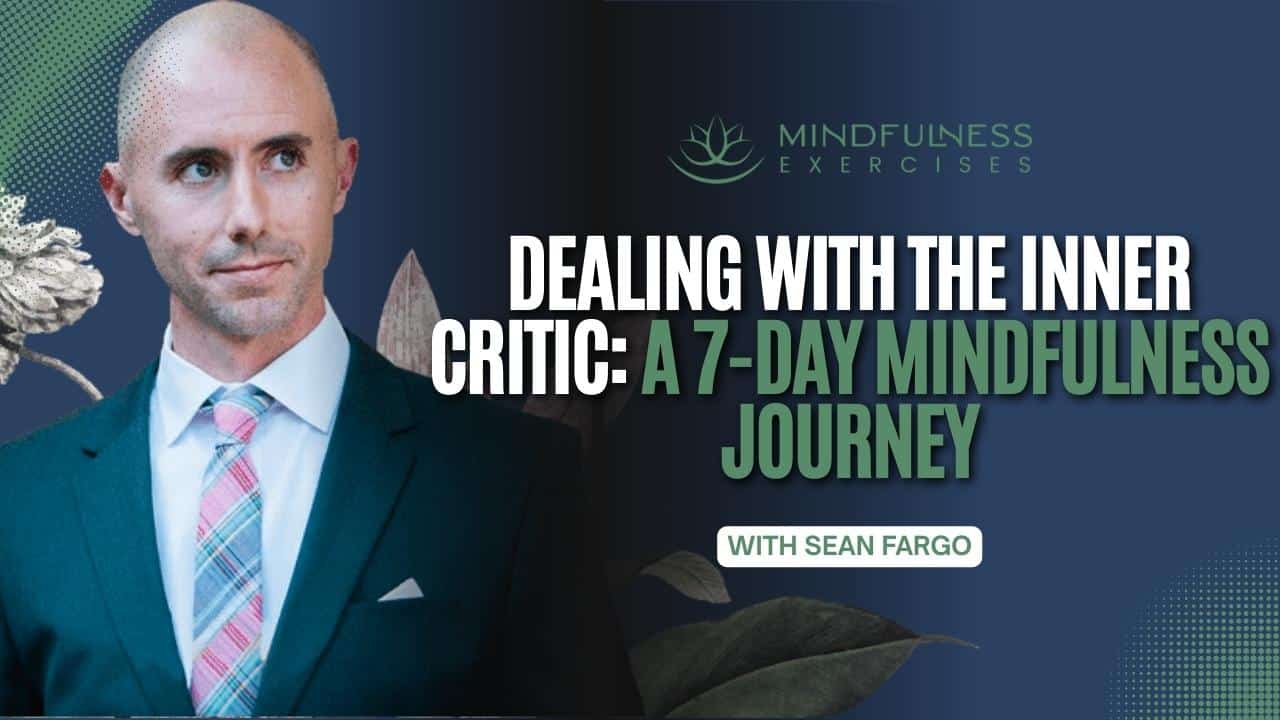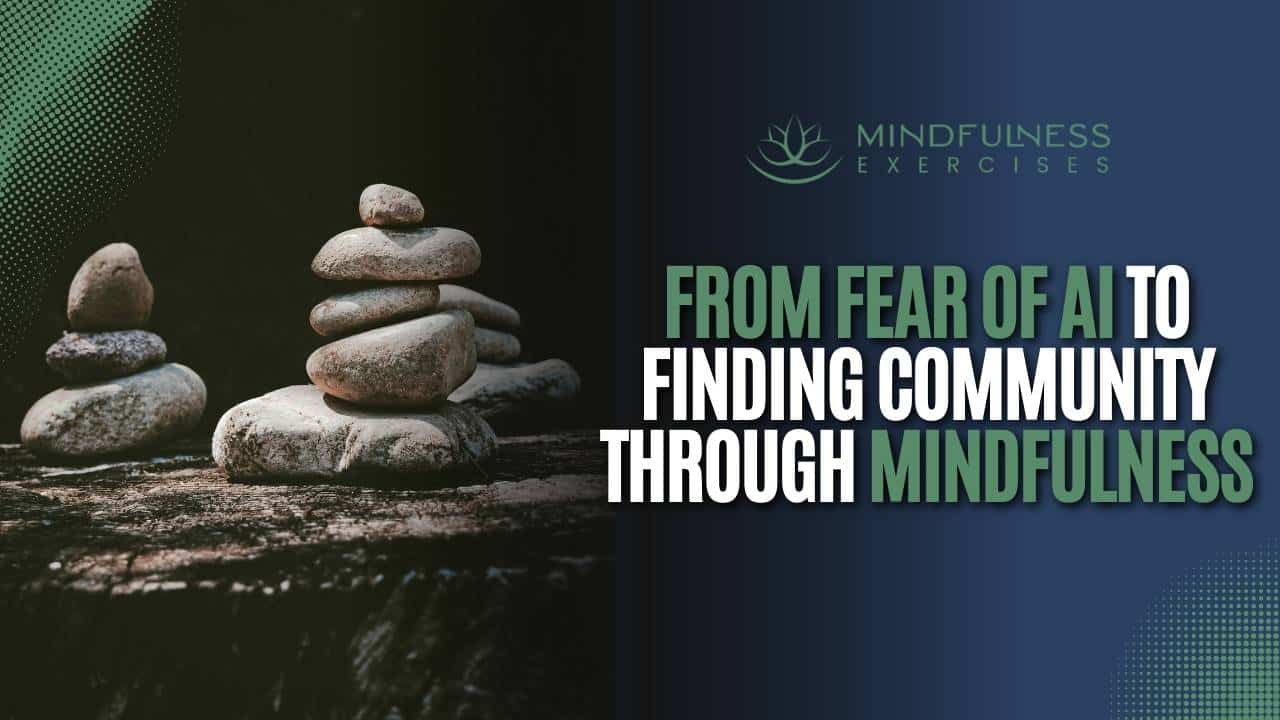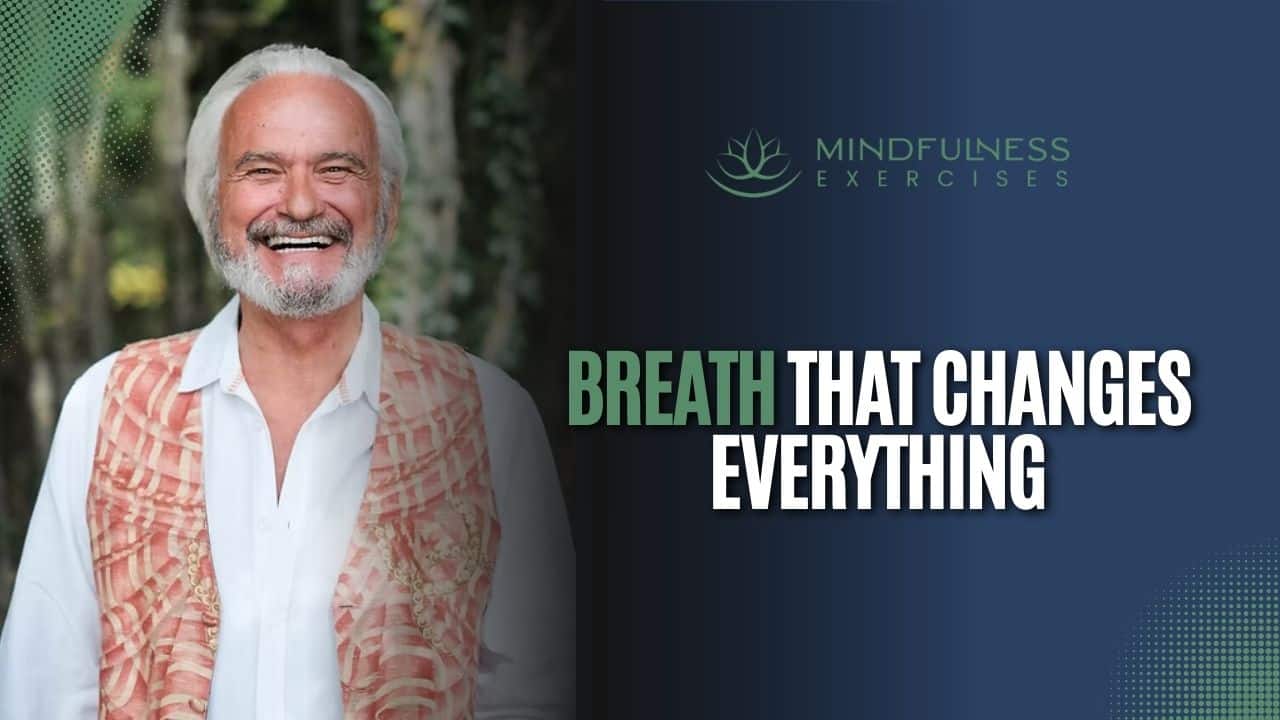Listen now
In this illuminating conversation, Sean Fargo speaks with Stephen Schettini — a former Tibetan Buddhist monk, author, and the voice behind “The Inner Monk.” With warmth and humility, Stephen shares his personal journey from restless youth to devoted monastic, and eventually into secular mindfulness teacher. This episode offers rare insights into what it truly means to cultivate inner peace — not as an abstract spiritual goal, but as a grounded, ongoing practice of self-honesty, acceptance, and community.
Whether you’re walking the Eightfold Path, teaching mindfulness, or simply seeking more stillness in your daily life, this discussion invites you to reflect, reconnect, and realign with your deepest values.
Sponsored by our Mindfulness Meditation Teacher Certification Program
certify.mindfulnessexercises.com
What You’ll Learn in This Episode:
Show Notes:
Why inner peace starts with emotional honesty and self-acceptance
Stephen candidly recounts how he spent years feeling angry, distracted, and disconnected — until he realized that controlling the mind begins with understanding and accepting it. True inner peace isn’t about becoming blissfully unaffected; it’s about making space for your full humanity. Even uncomfortable emotions like fear, self-doubt, or guilt can be honored and worked with through mindful awareness. Stephen emphasizes that the journey inward starts not with perfection, but with presence and self-compassion.
How meditation becomes powerful when it’s embodied — not idealized
Rather than viewing meditation as a detached escape, Stephen encourages a grounded and realistic approach. Meditation, he says, is not about tuning out the world or achieving mystical states. It's about showing up, again and again, for your real life — including your distractions, messiness, and mortality. When you practice with consistency and courage, even something as intense as death contemplation can become a catalyst for clarity and transformation, rather than fear.
The importance of befriending yourself — especially in a judgmental world
In a culture dominated by comparison and self-criticism, Stephen highlights how developing a kind, honest relationship with yourself is not only radical — it’s essential. Through simple practices like “I Like Being Me” journaling or self-affirmation, we can begin to counter the brain’s negativity bias and learn to trust our own inner guidance. This self-relationship becomes the foundation for resilience, authenticity, and meaningful connection with others.
Why real mindfulness requires community and support
While mindfulness often begins as a solitary practice, Stephen reminds us that it flourishes in relationship. He shares how his own growth was accelerated through sangha — not necessarily monks or spiritual institutions, but everyday people who share values and speak truth. Mindfulness, he says, is social at its core. It deepens when tested in difficult conversations, interpersonal triggers, and the chaotic beauty of daily life.
How to transition from belief to embodied practice
Rather than clinging to dogma or external teachings, Stephen encourages practitioners to become independent of doctrine and take ownership of their path. This doesn’t mean rejecting wisdom traditions, but integrating them through lived experience. Real transformation, he notes, doesn’t come from believing the right things — it comes from doing the inner work. As you apply the teachings, reflect on your priorities, and listen deeply to your own experience, you build integrity from the inside out.
The ongoing challenge (and reward) of living authentically
Stephen shares the challenges he faced leaving monastic life and integrating into secular society. From identity crises to financial uncertainty, he describes how staying true to his values often meant taking the harder road. And yet, that same path led him to deeper freedom, community, and purpose. His story reminds us that cultivating inner peace is not a destination, but a lifelong, courageous practice of alignment.
Additional Resources:




